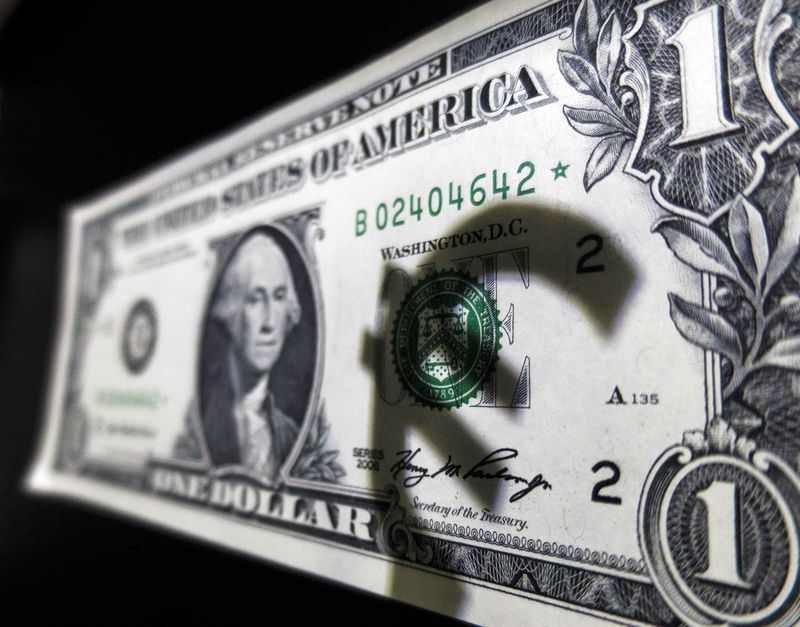Investing.com - The euro climbed to the highest levels in almost two weeks against the dollar on Tuesday spurred higher by remarks from European Central Bank President Mario Draghi, sending the dollar broadly lower.
EUR/USD climbed 0.65% to trade at 1.1254 by 10.48 GMT (06.48 ET), the highest level since June 14.
The euro strengthened after Draghi said factors weighing on inflation in the euro area were mainly temporary, adding that deflationary forces are being replaced by inflationary ones.
Draghi said the ECB sees growth that is above trend and well distributed across the euro area, but reiterated that “a considerable degree” of stimulus is still needed in the euro zone, and that the ECB must be “prudent” in how it unwinds it.
The euro was also higher against the yen and the pound, with EUR/GBP advancing 0.48% to 0.8831 and EUR/JPY climbing 0.58% to 125.78.
The U.S. dollar index, which measures the greenback’s strength against a trade-weighted basket of six major currencies, was down 0.49% at 96.62, pressured lower by the stronger euro.
The dollar was a touch lower against the yen, with USD/JPY dipping 0.12% to 111.75 as investors awaited comments later in the day by U.S. Federal Reserve Chair Janet Yellen.
Traders were waiting to see if Yellen would maintain a positive outlook on the U.S. economy despite a recent batch of weak economic reports, which would support the Fed’s projection for one more rate hike this year and three rate hikes next year.
Recent weakness in economic data has raised questions over the Fed’s plans to tighten monetary policy, with investors now expecting that the pace of its tightening could be much slower than policymakers want.
Sterling was higher against the dollar, with GBP/USD putting on 0.2% to trade at 1.2748.
Earlier Tuesday, the Bank of England told British banks they will have to set aside more than £11 billion in extra capital to cover potential losses in the event of a financial downturn.
In its financial stability report, the BoE said lenders must set aside 0.5% of their assets as capital to cover potential losses if the economy weakens.
The BoE also said it is continuing contingency planning for all possible outcomes to the ongoing Brexit negotiations, including the possibility that the UK exits the EU without a deal.
